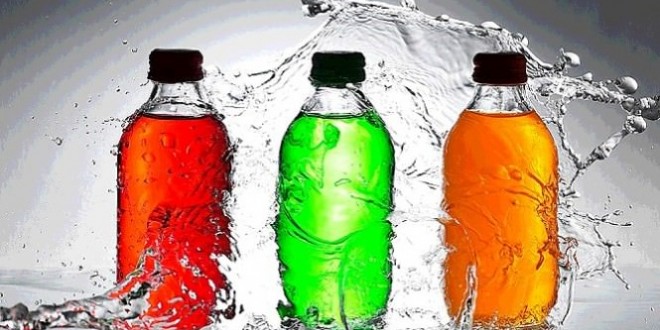Sporting bodies should ditch the sponsorship of nutritional supplements and sports drinks because they could be lending “unwarranted credibility” to unproven products, say leading public health practitioners.
Writing in the British Medical Journal, Outram and Stewart said: “The fact that these products are marketed as beneficial or essential for sporting prowess or general health, when the evidence has so far failed to substantiate these claims or justify their cost, is likely to make it harder for the public to judge the value of these products objectively.”
The researchers suggested that the makers of these products were trying to present them as “integral to sport” and that celebrity endorsement reinforced this concept in the minds of the public.
They said: “It is for good reason that nutritional supplement and sports drinks companies invest heavily in sports sponsorship.
“Such sponsorship – together with associated product endorsements and advertising – conveys the message that their products are integral to sporting engagement and achievement.”
Leading sportsmen, such as Real Madrid’s Gareth Bale, who promotes Lucozade Sport, have endorsement deals for sports drinks and supplements.
In January, the Advertising Standards Authority ruled that an ad for Lucozade Sport, featuring Bale, was misleading because it claimed that the drink hydrates more effectively than water and it was banned.
The researchers admitted in their paper that if sport distanced itself from the makers of sports drinks and supplements, it would have to find a way of covering the financial gap.
James Young, sponsorship manager for Lucozade Sport, said: “The use of isotonic sport drinks to improve exercise performance is supported by over 150 peer reviewed scientific studies conducted by Lucozade Sport and also acknowledged by a number of governing bodies and authorities.”
Agencies/Canadajournal
 Canada Journal – News of the World Articles and videos to bring you the biggest Canadian news stories from across the country every day
Canada Journal – News of the World Articles and videos to bring you the biggest Canadian news stories from across the country every day



